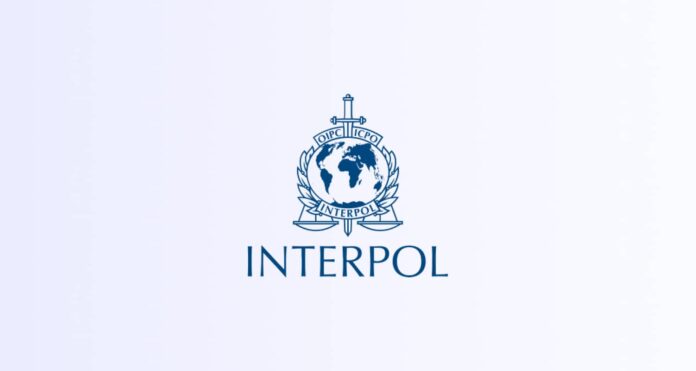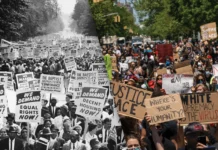Interpol, short for the International Criminal Police Organization, is a global law enforcement agency that plays a pivotal role in combating transnational crime. While many people are aware of Interpol’s significant contributions in the field of international policing, not everyone knows about its humble beginnings. In 1914, legal professionals from 24 countries convened to discuss the establishment of an organization that would revolutionize the way nations collaborate in catching fugitives. This article delves into the fascinating history of Interpol’s inception and its evolution over the past century.
The Precursors to Interpol
Before Interpol, there was the International Criminal Police Commission (ICPC). The idea for an international police organization was first proposed in Monaco during the 1914 International Criminal Police Congress. This event brought together law enforcement officials and legal experts from around the world to discuss common issues and challenges in the pursuit of criminals who crossed borders to evade justice.
The Early Years
In the wake of World War I, the ICPC held its first General Assembly in Monaco in 1923, marking a formal step toward establishing international cooperation in policing. Despite the backdrop of global upheaval, this assembly served as a testament to the commitment of the international community in addressing cross-border crime.
The Birth of Interpol
The 13th General Assembly of the ICPC in Vienna in 1956 marked a historic moment. During this gathering, the organization was officially renamed INTERPOL, reflecting its commitment to international police cooperation. The shift from a commission to an organization was more than just a name change; it symbolized a deeper commitment to combat the evolving and increasingly complex realm of international crime.
Interpol’s Early Mission
Interpol’s early mission primarily focused on fugitives, a topic that had inspired its formation in 1914. The organization developed a centralized database of criminal information, allowing law enforcement agencies worldwide to access information about criminals and criminal activities. This marked a significant leap forward in the global fight against fugitives.
The Evolution of Interpol
Over the years, Interpol’s mission expanded beyond just capturing fugitives. Today, the organization works on various fronts, including counter-terrorism, cybercrime, human trafficking, drug trafficking, and environmental crime. Interpol has also embraced modern technology, using state-of-the-art communication systems and databases to facilitate real-time information sharing and international cooperation.
Interpol’s Membership and Governance
Interpol’s success hinges on its extensive membership and governance structure. Currently, Interpol boasts 195 member countries, making it one of the largest and most comprehensive international organizations of its kind. Member countries are represented by their respective National Central Bureaus (NCBs), which serve as points of contact for Interpol’s global network.
Challenges and Controversies
Interpol’s journey has not been without challenges and controversies. Critics have raised concerns about the organization’s neutrality, as it relies on the cooperation of member countries, some of which may have questionable human rights records. Striking the right balance between international policing and respecting the sovereignty of member countries remains an ongoing challenge.
Interpol in the 21st Century
In the 21st century, Interpol has continued to adapt and innovate in response to the ever-changing landscape of international crime. The organization is at the forefront of global efforts to combat terrorism, human trafficking, cybercrime, and environmental crimes. Its role in maintaining international security has never been more critical.
Interpol’s origins in 1914, when legal professionals from 24 countries came together to discuss catching fugitives, have evolved into a formidable force in the fight against international crime. Over the past century, Interpol has weathered numerous challenges, expanded its mission, and grown into a global law enforcement agency with nearly every country in the world as a member. The organization’s remarkable journey is a testament to the power of international cooperation and the shared commitment to upholding justice and security on a global scale. Interpol’s legacy will undoubtedly continue to shape the future of international policing for generations to come.
Views: 56






